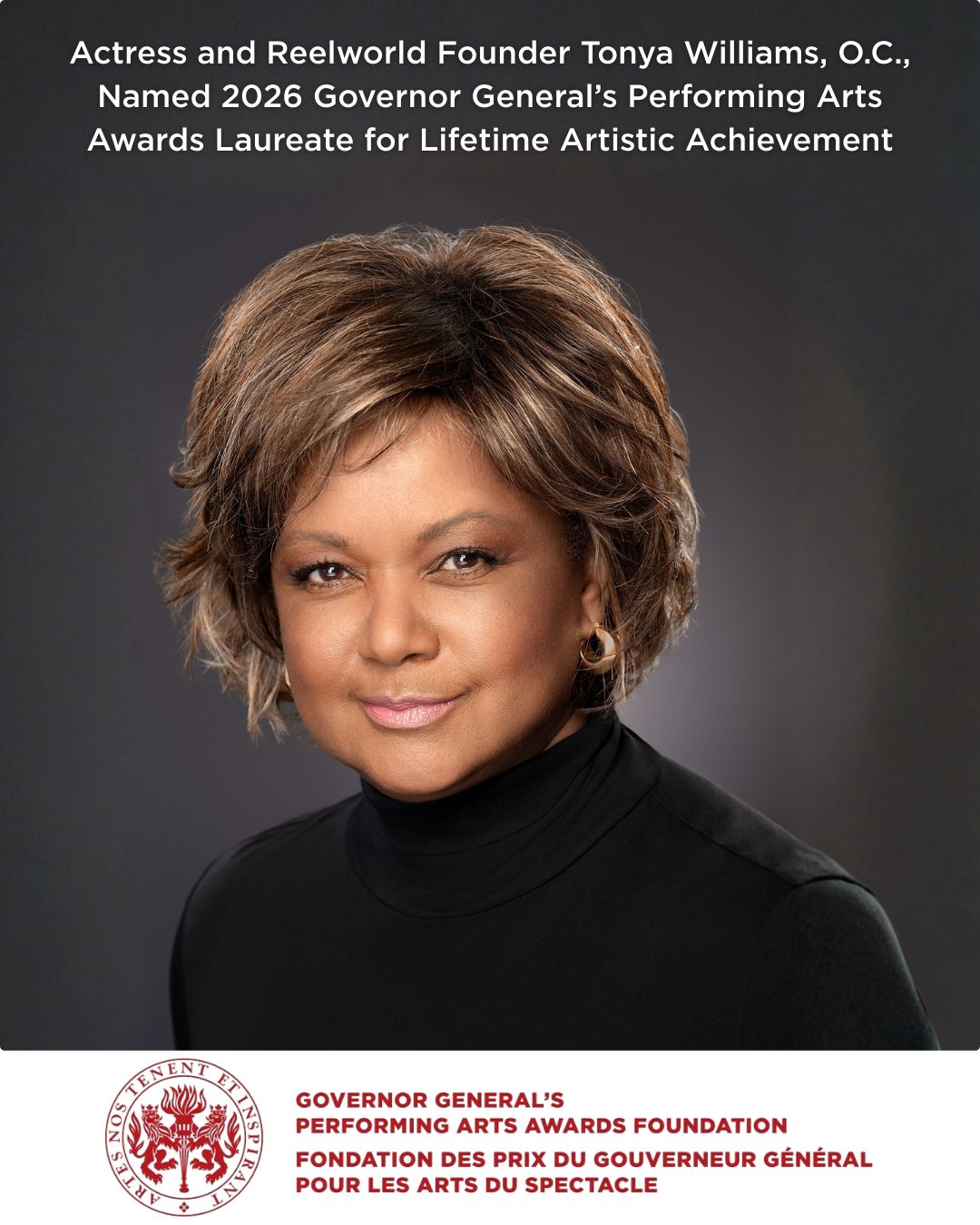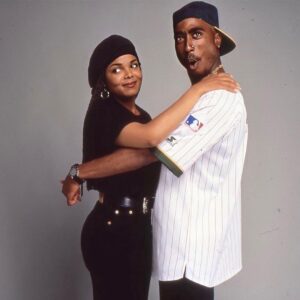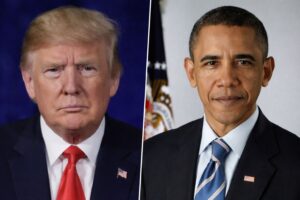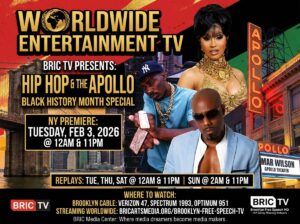Al Pacino Credits Hip-Hop for Making ‘Scarface’ a Cult Classic
Though Scarface initially faced criticism upon its 1983 release, it later became a cultural phenomenon, particularly thanks to the hip-hop community. This shift was something Al Pacino himself acknowledged, saying the genre played a key role in the film’s lasting success. As Jay-Z once rapped on “Ignorant S—” from his 2007 album American Gangster: “Scarface the movie did more than Scarface the rapper to me,” capturing the deep connection between the film and hip-hop culture.
During an appearance on Marc Maron’s WTF podcast to promote his memoir Sonny Boy, Pacino reflected on how the audience helped elevate the movie, a remake of the 1932 film, into a cultural touchstone despite initial backlash from critics and Hollywood insiders. Pacino recalled a moment at the film’s premiere when director Martin Scorsese warned the cast about the potential negative reception. “Scorsese turned to me and said, ‘You guys are great—but they’re going to hate it in Hollywood,’” Pacino shared, adding that Scorsese believed the film hit too close to home for Hollywood elites.
HIP HOP JUST GOT IT
Initially disheartened by the reception, Pacino was surprised to see how much audiences, especially the hip-hop community, embraced Scarface. “Hip-hop just got it. They understood it. They embraced it, the rappers. And then the next thing you know, VHS is going out and more people are seeing it,” Pacino recalled. He noted how rappers frequently referenced the film in their music, helping to spread its influence even further.
Directed by Brian De Palma, Scarface revitalized Pacino’s career and became a favorite in the hip-hop world. Many from marginalized communities identified with Tony Montana’s rise from a poor Cuban immigrant to a powerful figure in Miami’s drug trade. This theme resonated with inner-city audiences, who saw parallels in their own struggles for success. This connection was famously illustrated in the 2002 film Paid in Full, which follows the rise of Harlem drug lords Rich Porter, AZ Faison, and Alpo Martinez. In one memorable scene, the character Ace (played by Wood Harris) reflects on the impact Scarface had on Harlem: “It’s like n—s love seeing a poor ass Cuban just blow up to be ‘the man,’ all by himself,” he narrates as the crowd cheers for Tony Montana.
Artists like Jay-Z, Mobb Deep, Wu-Tang Clan, and Texas rapper Scarface have all drawn inspiration from the film, sampling its dialogue or referencing its iconic imagery throughout their careers. For Pacino, the hip-hop community’s embrace of Scarface was instrumental in transforming the movie from a critical flop to a beloved classic.
Share this content:














Post Comment